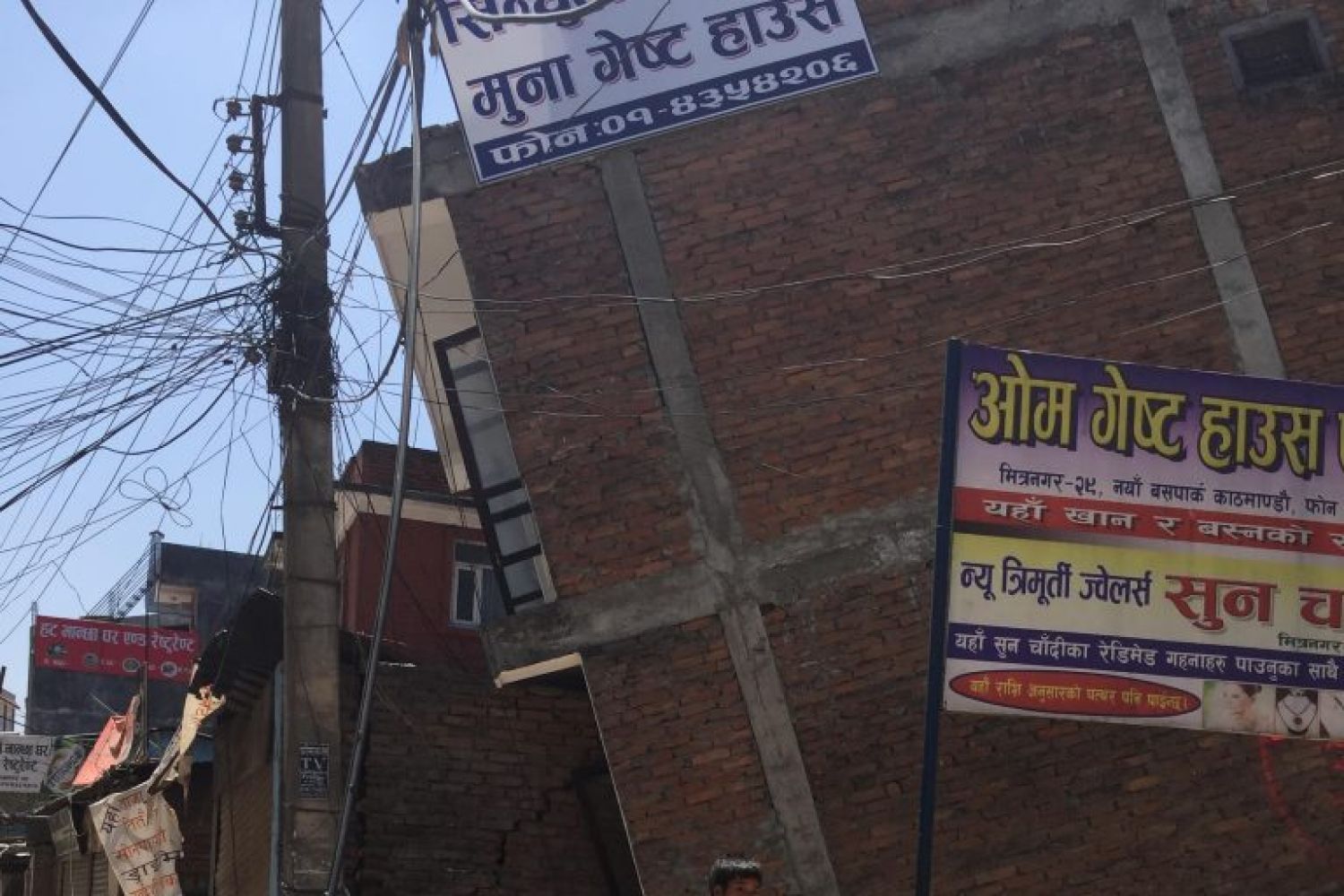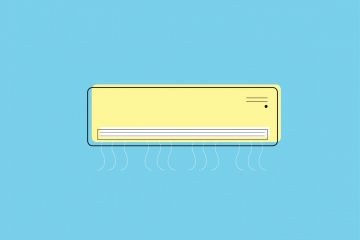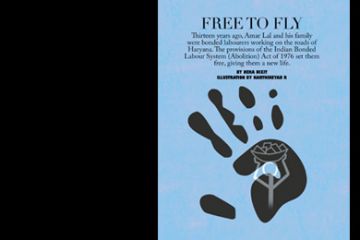
A cool breeze
followed Wessam as he walked out of the Western Union office near the Teaching
Hospital in Kathmandu. He bought four cream-filled doughnuts for his young
daughters. Four thousand dollars had been transferred into his account a short
while ago. The world was beautiful again, he thought, looking at trees that
were just beginning to flower. He would pay the money to the pesky Nepali
immigration officer as the fine for overstaying in the country with his four
daughters, an i





